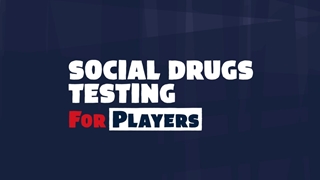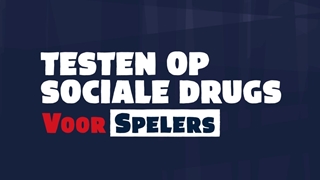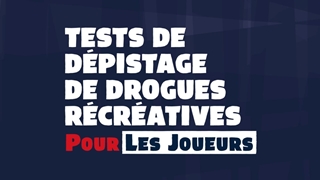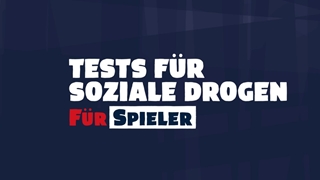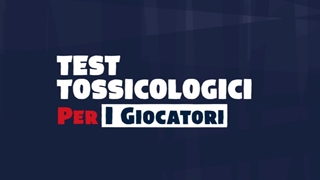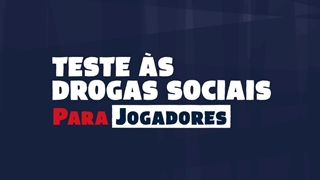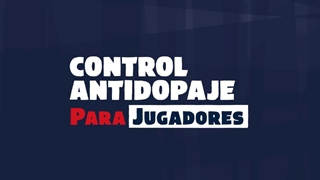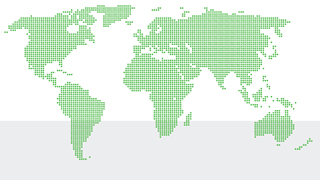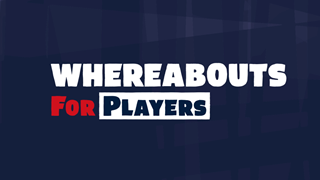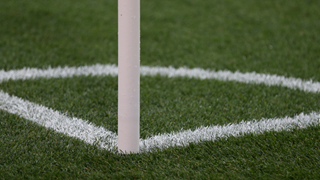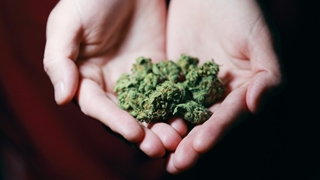
The FA’s Social Drugs Regulations, which The FA undertakes voluntarily and separately from its World Anti-Doping Agency (WADA) obligations, are detailed within the Social Drugs Regulations of The FA Handbook and can be found here.
Social drugs are banned at all times by The FA. The term ‘social drug’ means any of the following: amphetamine, cannabinoids, cocaine, diamorphine (aka heroin), lysergic acid diethylamide (LSD), mephedrone, methadone, methylamphetamine, methylenedioxymethylamphetamine (MDMA) and methylenedioxyethylamphetamine (MDEA).
The purpose of The FA Social Drugs Regulations is to prevent the damaging consequences to the health and welfare of Players and/or of those who regard Players as role models, and also to protect the image and reputation of the sport, by providing courses of education, counselling and treatment, where appropriate, to rehabilitate Players who have become involved with Social Drugs.
Remember, if a Player breaches the Social Drug Regulations they may also receive a ban from Football so it is important that all Participants understand the dangers of social drugs.
The FA has produced a video explaining what happens when a Player is tested as part of The FA’s Social Drugs Regulations. This is available in English, Dutch, French, German, Italian, Portuguese and Spanish versions which can be viewed in the gallery below.


